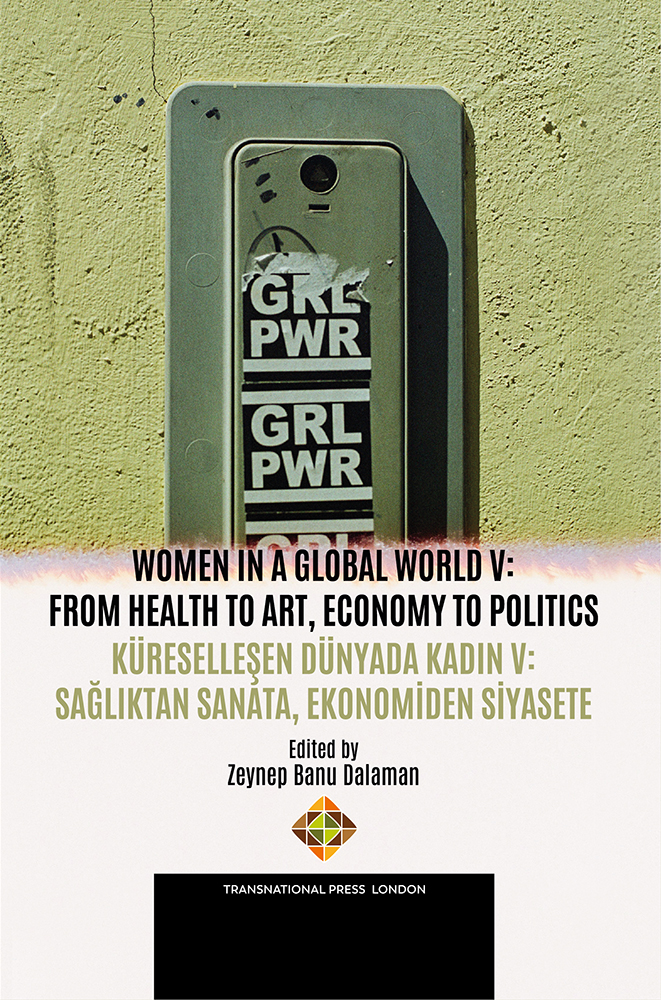Mesleki Tükenmişlik; Kadın Akademisyenler Üzerine Nitel Bir Araştırma
Occupational Burnout; A Qualitative Research on Women Academics
Author(s): Mehmet Dinç, Elmas Gezer, Sibel Nalbant
Subject(s): Gender Studies, Psychology, Health and medicine and law
Published by: Transnational Press London
Keywords: Woman; academician; occupational burnout;
Summary/Abstract: This study aimed to examine the experiences of female academics regarding how the problems/challenges they experience in their working lives affect their occupational burnout. In the study, a qualitative research was conducted using the phenomenological pattern method. The sample of the research consists of 6 female academics working at a state university in Turkey. Semi-structured individual interview method was used and 13 open-ended questions were asked to the participants, created by three academics who are experts in the field. The data obtained from the interviews were analyzed using the thematic analysis method. In the research, five main themes were obtained to explain the occupational burnout of female academics. Among these themes, the theme is “difficulties experienced”; It points out that female academics face prejudices and access problems. In the second theme, “factors that cause burnout”; It has been revealed that there are problems regarding gender roles, workload, being ignored, and the cost of living. In the third theme, “factors that facilitate being positive and happy”; Opinions were obtained regarding improving the working environments of female academics, economic improvements, alleviating the workload, and positive attitudes of administrators/managers. In the fourth theme, “being a working woman”, opinions were obtained about the advantages and disadvantages of being a working woman. In the fifth theme called “Recommendations”; Opinions were reached on keeping home and work separate and keeping motivation high. It is seen that occupational burnout is higher in environments where the number of academics is low, the number of female and male academics is not equal and working conditions are not good. In addition, the social role of women, economic reasons and workload related to the title also cause occupational burnout. Making the working environment suitable, lightening the workload, creating fair working conditions with an egalitarian approach in the workplace and equalizing the number of women and men in the working environment can be recommended as effective solutions against occupational burnout.
Book: Küreselleşen Dünyada Kadın V: Sağlıktan Sanata, Ekonomiden Siyasete
- Page Range: 409-428
- Page Count: 20
- Publication Year: 2024
- Language: Turkish
- Content File-PDF

